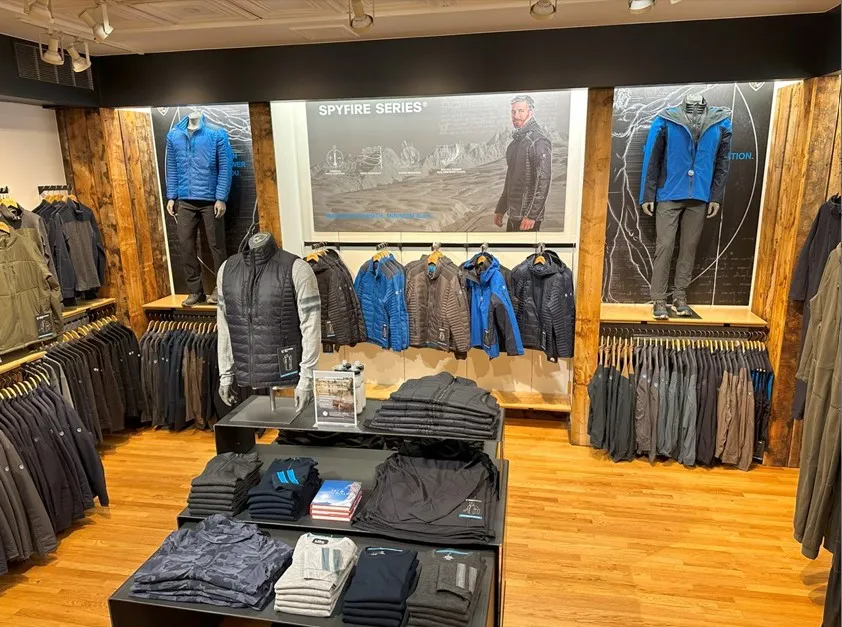Innovation Summit: IP mistakes drive down valuations
BROOMFIELD — Mistakes made in protection of intellectual property can drive down business valuations — and even kill some investment or sale deals prior to closing, according to experts speaking at the inaugural Rocky Mountain Innovation Summit in Broomfield.
The event took place Thursday at the Omni Interlocken Hotel and was presented by Berg, Hill, Greenleaf & Ruscitti LLP, a Boulder law firm.
Speaking on a panel titled “Issues Impacting Innovation,” Adams Price, president of EKS&H Capital Advisors LLC, a Denver-based investment-banking firm, said company leadership should ensure that they can answer some basic questions…
THIS ARTICLE IS FOR SUBSCRIBERS ONLY
Continue reading for less than $3 per week!
Get a month of award-winning local business news, trends and insights
Access award-winning content today!





